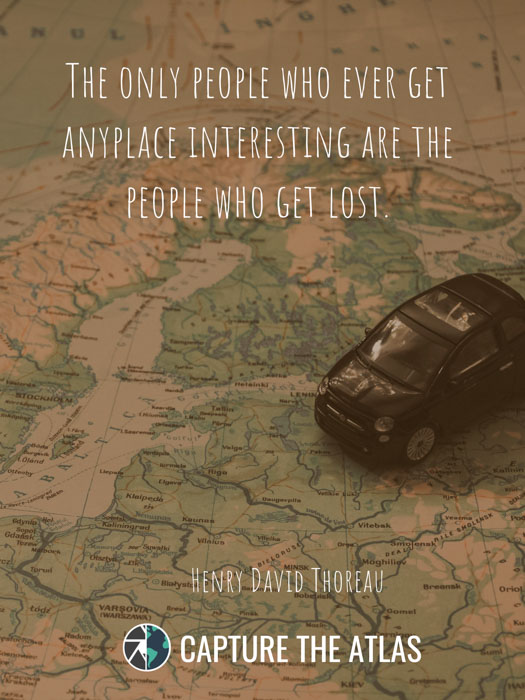** Exploring the Adventures of Phileas Fogg: Around the World in 80 Days Traveler - NYT Insights
Guide or Summary:ExploringPhileas FoggAround the World in 80 Days Traveler Phileas NYTAdventure and CultureImpact on Literature and Travel**Translation:** A……
Guide or Summary:
- Exploring
- Phileas Fogg
- Around the World in 80 Days Traveler Phileas NYT
- Adventure and Culture
- Impact on Literature and Travel
**Translation:** Around the World in 80 Days Traveler Phileas
Exploring
In the realm of classic literature, few stories capture the imagination quite like Jules Verne's "Around the World in 80 Days." The tale of Phileas Fogg, a meticulous English gentleman, and his audacious journey around the globe is not only a thrilling adventure but also a profound commentary on time, culture, and the human spirit. As we delve into the essence of this narrative, we explore the character of Phileas Fogg, his motivations, and the impact of his travels as chronicled in various adaptations, including insights from the NYT (New York Times).
Phileas Fogg
Phileas Fogg is a man of routine, whose life revolves around punctuality and order. His character embodies the Victorian ideals of discipline and rationality. However, when he wagers that he can circumnavigate the globe in just 80 days, he is thrust into a whirlwind of adventure that challenges his perceptions and pushes him beyond his limits. This gamble is not merely about winning a bet; it symbolizes a quest for self-discovery and the breaking of societal norms. Fogg's journey introduces him to diverse cultures and peoples, forcing him to confront his own biases and assumptions.
Around the World in 80 Days Traveler Phileas NYT
The New York Times has often explored the themes of travel and adventure through its literary critiques and articles. In the context of "Around the World in 80 Days," the NYT highlights how Fogg's journey reflects the broader human experience of exploration and curiosity. The newspaper's coverage often emphasizes the importance of travel in understanding different cultures and the interconnectedness of our world. Fogg's encounters with characters such as Passepartout, his loyal servant, and Aouda, the Indian princess, serve to illustrate the richness of human relationships that transcend geographical boundaries.

Adventure and Culture
Fogg's travels take him through various countries, including France, India, and America, each representing unique cultural landscapes. As he navigates these diverse environments, readers are treated to vivid descriptions of local customs, traditions, and the challenges of travel during the 19th century. The narrative invites us to consider how travel shapes our identities and broadens our perspectives. The NYT often reflects on how such literary works inspire real-world travel and cultural appreciation, encouraging readers to embark on their own journeys of discovery.
Impact on Literature and Travel
The legacy of "Around the World in 80 Days" extends beyond its pages; it has inspired countless adaptations in film, theater, and even modern literature. The NYT has chronicled these adaptations, noting how they reinterpret Fogg's journey for contemporary audiences. The story's enduring appeal lies in its universal themes of adventure, time, and the quest for knowledge. It encourages readers to embrace the spirit of exploration, whether through physical travel or intellectual pursuits.

In conclusion, "Around the World in 80 Days" is more than just a tale of travel; it is a reflection on the human condition. Through the lens of Phileas Fogg, we are reminded of the importance of stepping outside our comfort zones, embracing the unknown, and celebrating the diversity of our world. The insights from the NYT enrich our understanding of this classic narrative, inviting us to embark on our own journeys—both literal and metaphorical.